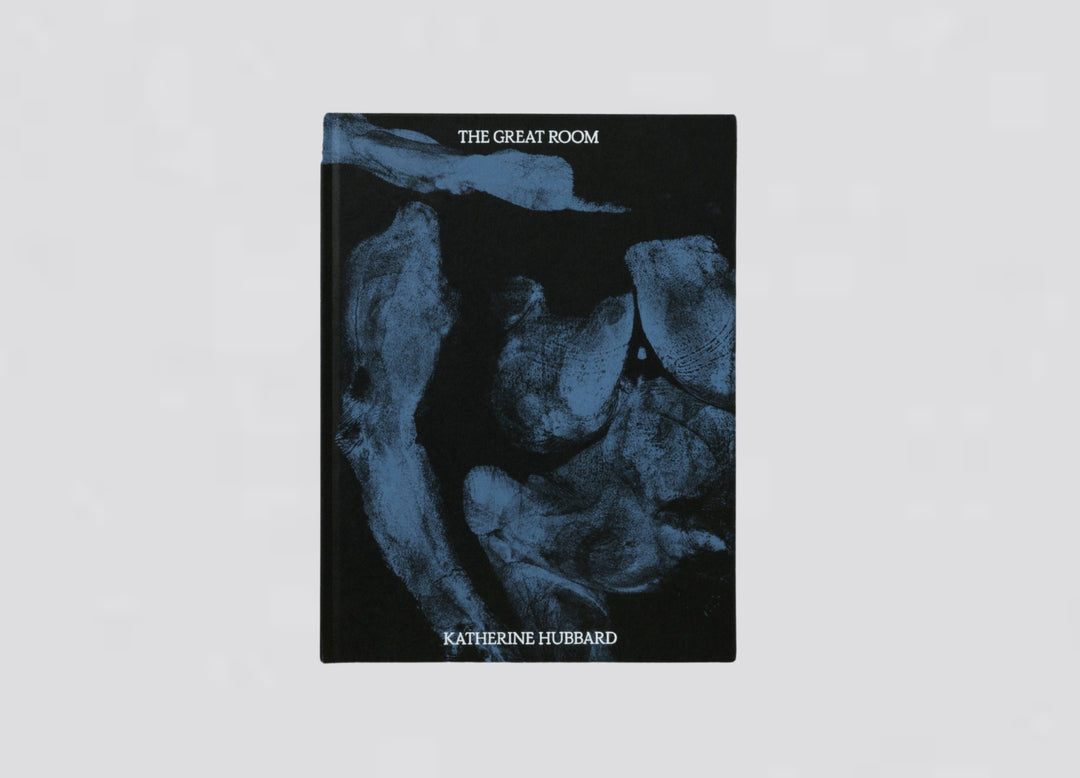
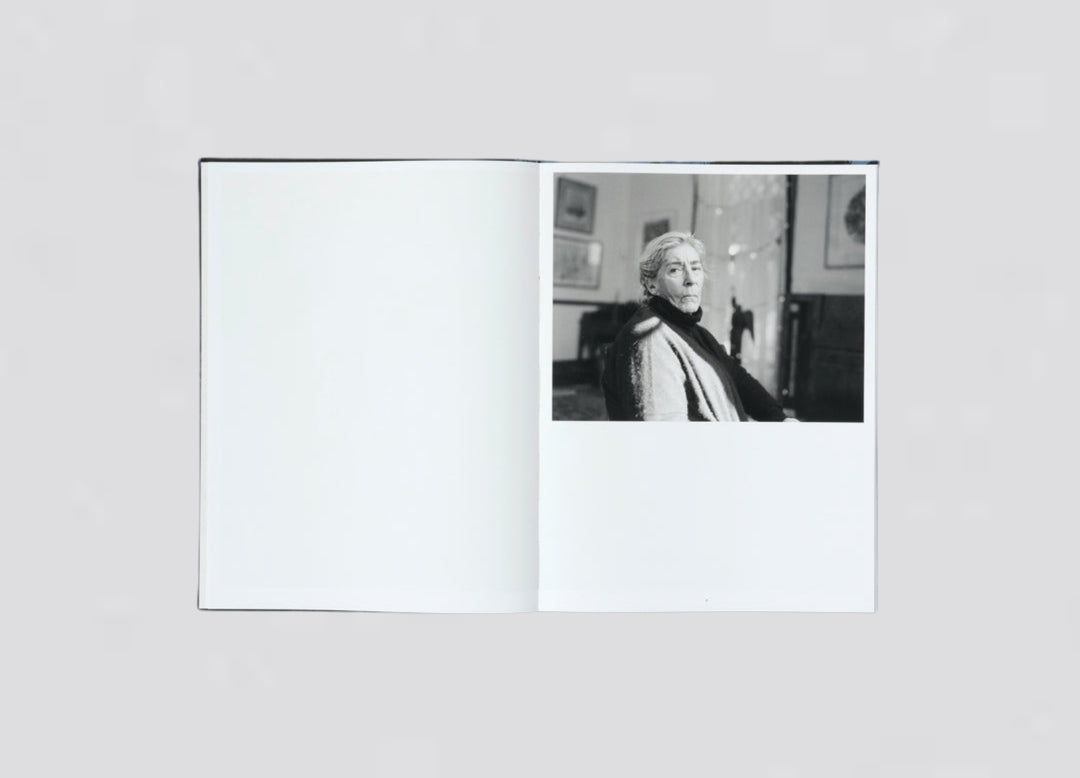
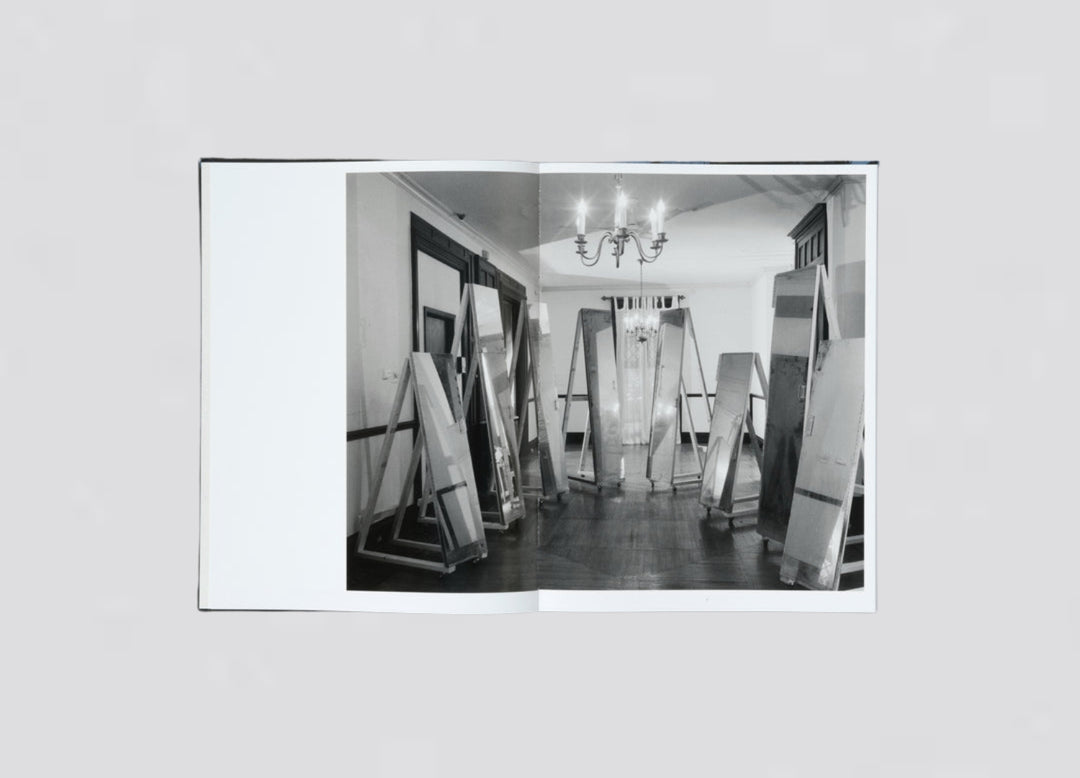
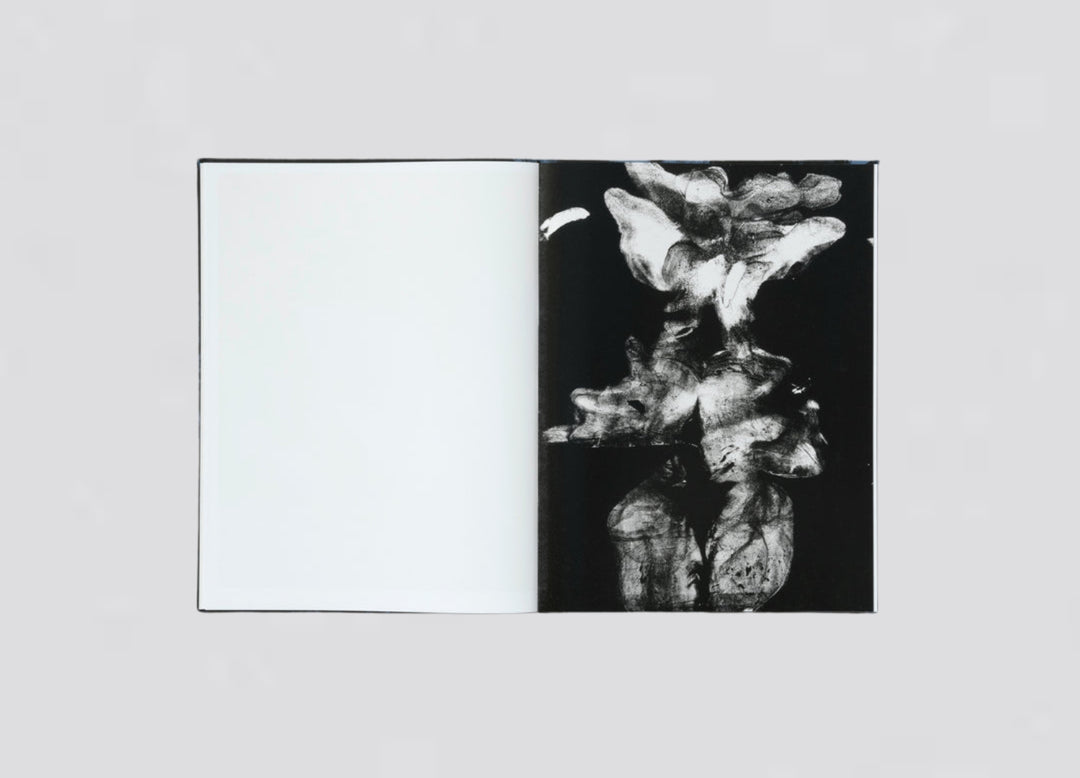
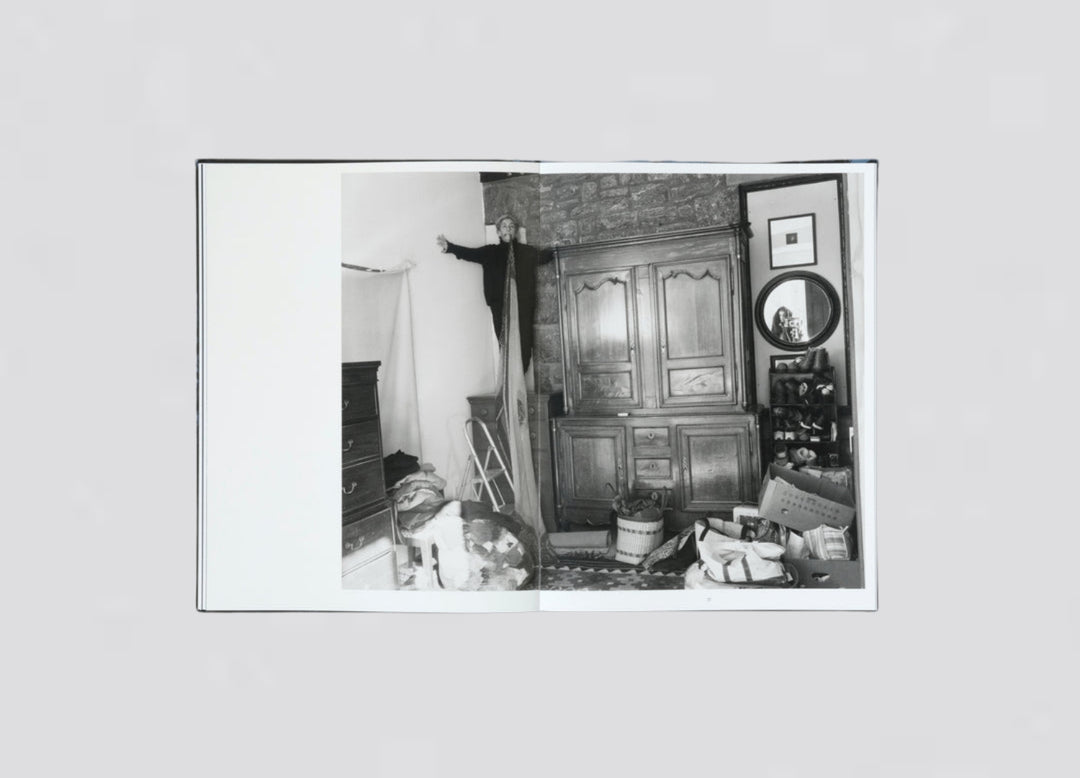
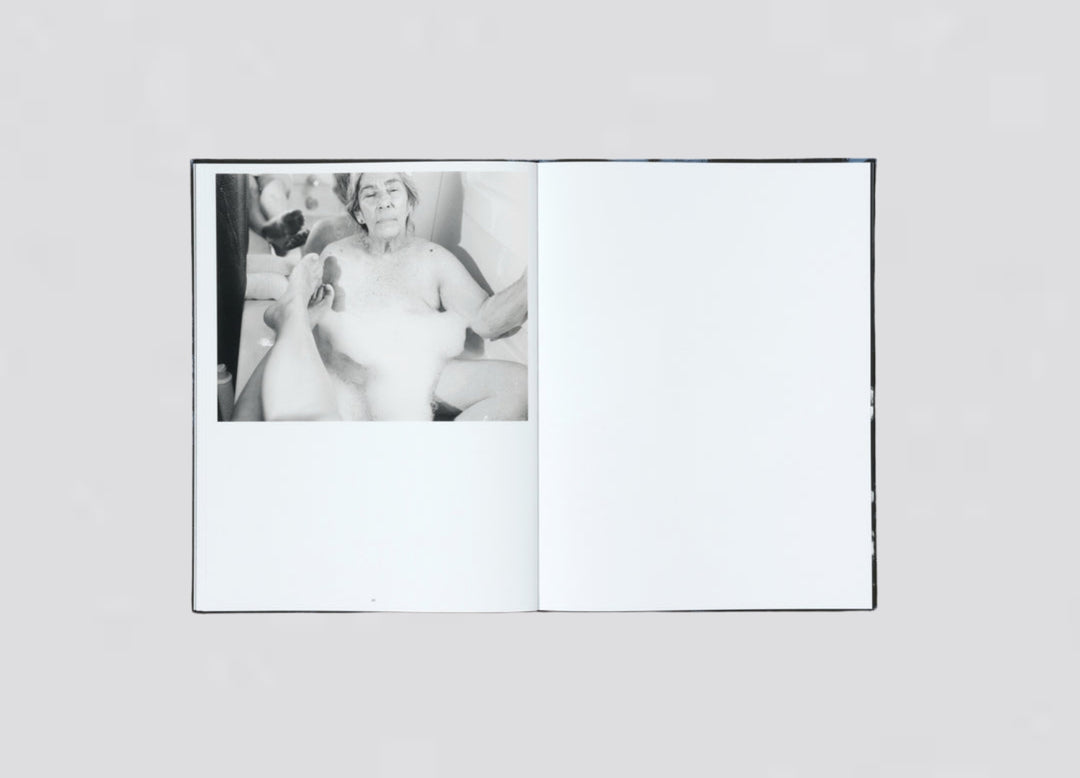
Hubbard uses performance and domestic architecture to explore grief, motherhood, queerness and the labour of caregiving.
Using large-format cameras and experimental darkroom techniques, The Great Room is a profoundly personal series by interdisciplinary artist Katherine Hubbard in collaboration with her mother. In 2020 — a year defined by introspection, caretaking, and the upheaval of the COVID-19 pandemic — Hubbard's mother began experiencing severe memory loss, later diagnosed as LATE, a brain disease mimicking the symptoms of Alzheimer's.
In collaboration with her mother, Hubbard transforms her family home — a space both overwhelming and deeply familiar — into a psychological landscape. These cluttered rooms become a layered stage where her mother serves as partner in an ongoing exploration of the real and performed. Together, they create photographs that engage with daily rituals such as bathing, organising, and watching TV: compositions that blend seamlessly with unguarded intimacy. This photographic series ruptures the quotidian in an exploration of care work, memory, grief, and the entropy of loss.
Hubbard’s practice pushes against the flattening of the photographic image, critically engaging performance, sculptural elements, and the implicit power dynamics in the social contract between the photographer and her subject. This is the first time Hubbard has consistently photographed another person. Here, photography becomes more than documentation; it is an entanglement of touch and gesture; the domestic and the maternal; which confront the pain of losing the familiar essence of her mother. In addition Hubbard creates experimental body contact prints in the darkroom with her mother that trace the textures of skin and the physicality of aging. These tactile works materialise ability and the weight of time, celebrating the complexity of their relationship while questioning the roles of artist, subject, and collaborator. In The Great Room, Hubbard reimagines the home as a space where photography transforms care and the slow grief of dementia into a powerful act of presence and love.
With a text by the artist
Section-sewn debossed printed hardcover
88 pages, 40 tritone plates, 22 × 29 cm
Designed by Loose Joints Studio, 2025
ISBN 978-1-912719-69-3